Propan-2-ol / Isopropanol (General Use)
$2,355.02
What Are the Most Common Uses of Isopropanol?
The vast majority of isopropanol produced is used in industrial applications, but there are also some small scale household uses for this compound, particularly in cosmetics and personal hygiene products, as well as pharmaceutical and medical uses due to its low toxicity compared to alternative products.
- Solvent: Isopropanol is able to dissolve several non-polar compounds. In addition, as it evaporates quickly and leaves virtually no traces, it’s very popular as a cleaning fluid in electronics. In this case, it can be used to clean from floppy drives to lasers in optical disc drives. It also finds a myriad of applications around the house, from removing glue stains to polishing old vinyl records.
- Intermediate: This compound is used in many different types of reactions, including esterification to isopropyl acetate and production of sodium isopropylxanthate after reaction with sodium hydroxide and carbon disulphide. Isopropanol can also react with aluminium and titanium tetrachloride to generate aluminium and titanium isopropoxides. Isopropanol can also be used as a dihydrogen donor in transfer hydrogenations.
- Medical: A 60-70% solution is commonly used as a disinfectant or hand sanitiser. Somewhat counterintuitively, but a pure solution would not be as effective as a certain amount of water is necessary to open up the pore membranes in the bacteria and allow isopropanol to enter the cell.
- Fuel additives: This compound is also used to “dry” water present in fuel. Water can be very damaging especially in cold temperatures as it separates from fuel and freezes in the pipes with devastating consequences. Isopropanol is able to maintain water in a soluble form significantly reducing its risk.
- Laboratory: Isopropanol is used as a safer alternative to formaldehyde as a preserving solution. Typically, 70-90% solutions are used for this application. This compound is also used to extract DNA. As DNA is insoluble in alcohol, it will precipitate into a pellet.
Quality Guarantee
All our products come with 100% quality guarantee and are usually shipped within 24 hours after purchase. If you need assistance, a member of staff will be glad to help before, during and after your order to ensure our products meet your needs. Simply contact us for more information or free technical advice.
What Are the Most Common Uses of Isopropanol?
The vast majority of isopropanol produced is used in industrial applications, but there are also some small scale household uses for this compound, particularly in cosmetics and personal hygiene products, as well as pharmaceutical and medical uses due to its low toxicity compared to alternative products.
- Solvent: Isopropanol is able to dissolve several non-polar compounds. In addition, as it evaporates quickly and leaves virtually no traces, it’s very popular as a cleaning fluid in electronics. In this case, it can be used to clean from floppy drives to lasers in optical disc drives. It also finds a myriad of applications around the house, from removing glue stains to polishing old vinyl records.
- Intermediate: This compound is used in many different types of reactions, including esterification to isopropyl acetate and production of sodium isopropylxanthate after reaction with sodium hydroxide and carbon disulphide. Isopropanol can also react with aluminium and titanium tetrachloride to generate aluminium and titanium isopropoxides. Isopropanol can also be used as a dihydrogen donor in transfer hydrogenations.
- Medical: A 60-70% solution is commonly used as a disinfectant or hand sanitiser. Somewhat counterintuitively, but a pure solution would not be as effective as a certain amount of water is necessary to open up the pore membranes in the bacteria and allow isopropanol to enter the cell.
- Fuel additives: This compound is also used to “dry” water present in fuel. Water can be very damaging especially in cold temperatures as it separates from fuel and freezes in the pipes with devastating consequences. Isopropanol is able to maintain water in a soluble form significantly reducing its risk.
- Laboratory: Isopropanol is used as a safer alternative to formaldehyde as a preserving solution. Typically, 70-90% solutions are used for this application. This compound is also used to extract DNA. As DNA is insoluble in alcohol, it will precipitate into a pellet.
Quality Guarantee
All our products come with 100% quality guarantee and are usually shipped within 24 hours after purchase. If you need assistance, a member of staff will be glad to help before, during and after your order to ensure our products meet your needs. Simply contact us for more information or free technical advice.

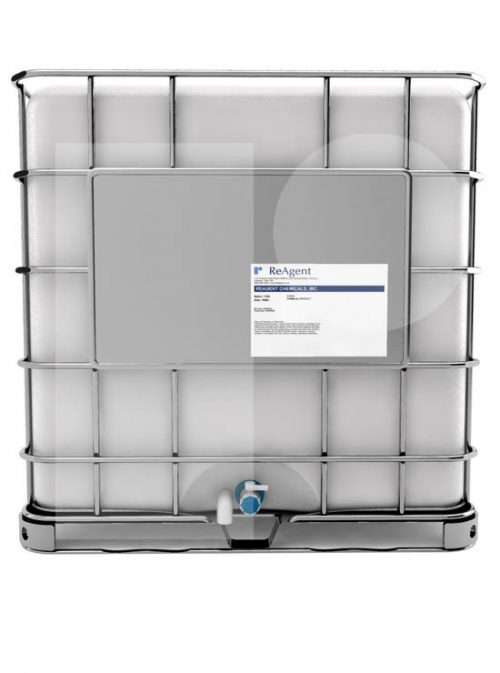
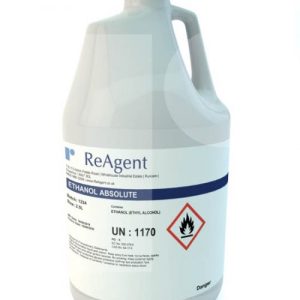
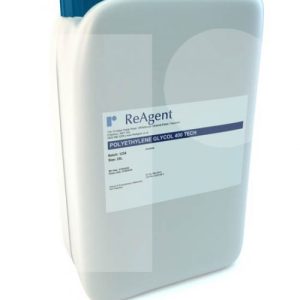
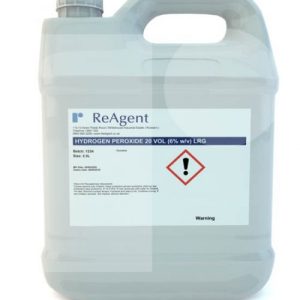
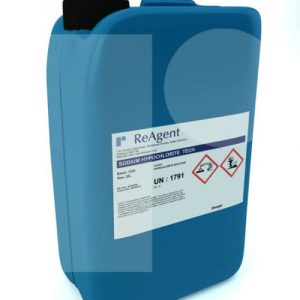
There are no reviews yet.